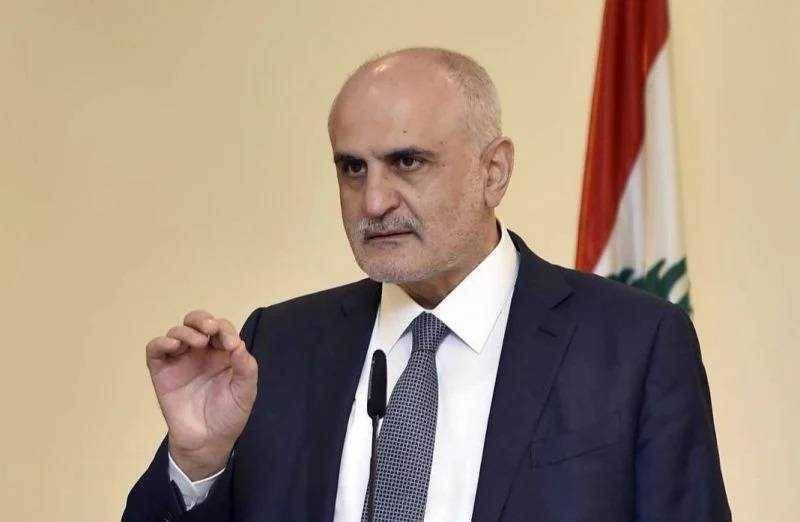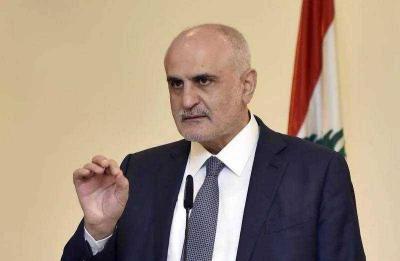Days after the departure of U.S. President's Senior Advisor Amos Hochstein from Beirut, MP Ali Hassan Khalil visited Doha and held meetings with Qatari officials. What are the implications of this visit, and what roles has Doha played during the Lebanese crises?
Khalil's visit to Doha, as reported by "An-Nahar," was not a routine one. Despite the secrecy surrounding Khalil's swift trip, the information suggests that he reaffirmed the importance of internal dialogue to achieve the presidential election, a call previously made by Speaker Nabih Berri even before the end of President Michel Aoun's term. Specifically, in his famous speech in Tyre on August 31, 2022, marking the disappearance of Imam Musa al-Sadr, he urged for bringing together and engaging in dialogue to accomplish the electoral process. A year later, on the same anniversary, Berri reiterated the importance of dialogue following 12 unsuccessful electoral sessions to elect a new president.
The most significant issue during Khalil's meetings in Doha was the negotiations to halt the Israeli aggression on Gaza. This is particularly relevant given that multiple key parties involved in the presidential election are conditioned by the notion that the ongoing aggression necessitates Lebanon's continued involvement in supporting Gaza, and that any discussions on security arrangements along the southern border are welcomed, but only after stopping the Israeli aggression on Gaza, which has now entered its sixth month.
Given Doha's role in the negotiations to cease the aggression, it was only natural for Khalil to inquire with Qatari officials about the progress of these talks, especially since Lebanon has a stake in them, even if not a direct participant. The return of calm to Gaza would, in turn, automatically lead to a return to stability at the southern border.
### Notable Qatari Role in Lebanon
Before 2006, Qatar was not a major player in the Lebanese arena despite the strong ties between Beirut and Doha. However, Qatar's role became prominent during the July 2006 war, particularly in breaking the blockade on Lebanon following the Israeli bombing of Beirut airport on July 13 of that year, with the first aircraft landing there arriving from Doha.
Qatar then took on a primary role in the reconstruction of four southern towns: Bint Jbeil, Aainatha, Aita el-Chaab, and Khiam, as well as rebuilding dozens of places of worship and social centers across various southern villages. This role continued during the longest sit-in in Lebanese history against Prime Minister Fouad Siniora's government, which lasted from December 1, 2006, to May 20, 2008, culminating in the announcement of the "Doha Agreement." This also led to ending the presidential vacuum that lasted from November 24, 2007, to May 25, 2008, when General Michel Sleiman was elected president with 118 votes in that famous session, according to "An-Nahar."
Building on that Qatari involvement, there is now renewed Lebanese interest in what Doha is undertaking, especially since it is a member of the quintet committee, which has regained momentum recently despite the ongoing aggression in Gaza and continued Israeli attacks on Lebanese cities, towns, and villages, particularly in the south.
### Gas and Qatar's Entry
When the Russian company "Novatek" withdrew from the consortium consisting of French "Total Energies" and Italian "Eni," Qatar secured its place in the consortium through its own company and became a partner in gas exploration activities in Lebanese maritime blocks. This development could not have occurred without the good relationship Qatar maintains with Lebanese parties, despite ongoing rivalries over critical issues, especially the presidential elections.




